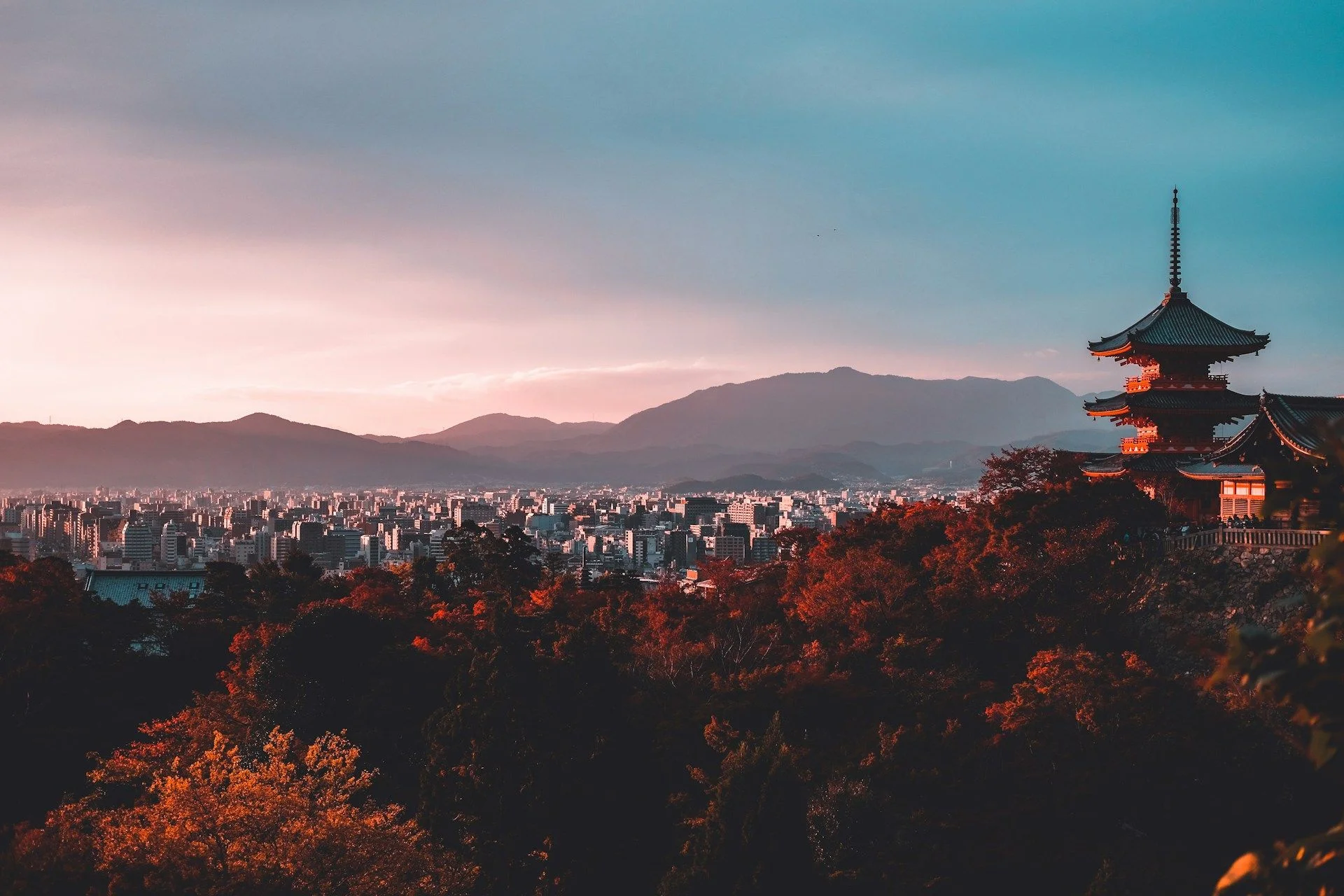Kyoto Investment Property ListingsAncient lanes, gardensand crafted wooden homes

Best offers
in Kyoto
Benefits of investment in
Japan real estate
Tokyo and Osaka attract steady investment
Developed infrastructure, rental stability, and global city status make Japanese metros a secure option.
Clear legal system and strong ownership rights
Property laws are transparent and favorable to foreign buyers, with no restrictions on ownership.
Demand in compact towns and ski regions
Tourist areas like Niseko and Hakuba show seasonal returns and growing foreign interest.
Tokyo and Osaka attract steady investment
Developed infrastructure, rental stability, and global city status make Japanese metros a secure option.
Clear legal system and strong ownership rights
Property laws are transparent and favorable to foreign buyers, with no restrictions on ownership.
Demand in compact towns and ski regions
Tourist areas like Niseko and Hakuba show seasonal returns and growing foreign interest.

Useful articles
and recommendations from experts
Real Estate in Kyoto, Japan
Why Invest in Property in Kyoto
Kyoto is one of Japan’s most iconic and culturally significant cities, attracting over 50 million visitors annually. As the ancient capital and home to 17 UNESCO World Heritage Sites, Kyoto blends traditional charm with modern urban living. Despite its historical status, it has a dynamic property market driven by tourism, student housing, and an affluent local population. With rising demand for boutique accommodation, cultural tourism, and high-end residences, Kyoto remains a compelling destination for real estate investment.
Types of Properties Available
Kyoto offers a unique selection of properties:
- Machiya townhouses — Historic wooden homes with deep cultural value, often converted into guesthouses or luxury residences.
- Modern condominiums — Especially in central wards like Nakagyo-ku and Shimogyo-ku, close to Gion and Kyoto Station.
- Student-oriented apartments — 1K and 1DK units near Kyoto University and Doshisha University.
- Luxury villas — Located in the Arashiyama and northern Higashiyama areas, often surrounded by temples and gardens.
- Commercial properties — Including retail units, ryokans, and cafes in high-footfall districts such as Gion or Nishiki Market.
Ownership Laws for Foreigners
Japan allows full real estate ownership by non-residents:
- Foreigners can purchase freehold property — Including land and structures, without visa or residency.
- Legal registration is secure — Through Japan’s national system and handled by judicial scriveners.
- No restrictions apply on quantity or location of property purchased by foreigners.
- Zoning regulations — Especially in historical districts — may limit remodeling or short-term use (e.g., Airbnb).
Market Prices and Trends
Kyoto’s real estate market has grown significantly in recent years:
- Machiya in Gion or Higashiyama: $350,000 – $1,000,000+
- 1-bedroom condo (central Kyoto): $150,000 – $250,000
- Student apartment (used): $60,000 – $120,000
- Commercial shopfront near Nishiki Market: $3,000 – $6,000 per sq. meter
- Luxury home in Arashiyama: $700,000 – $1,500,000
Rental Demand and Income Potential
Kyoto's rental market benefits from:
- Tourism-driven short stays — Ryokans, guesthouses, and furnished apartments near Gion and Kyoto Station.
- Students — The city has over 30 universities, including Kyoto University, a top national school.
- Local professionals and small families — Seeking access to transit and green spaces.
- 1K apartment: $450 – $800/month
- 2-bedroom condo: $900 – $1,400/month
- Guesthouse (peak season): $100 – $250/night
- Luxury rental in Arashiyama: $300 – $600/night
Top Investment Areas in Kyoto
Key districts for real estate investors include:
- Gion and Higashiyama — Cultural heart of the city, ideal for machiya renovations and tourism use.
- Nakagyo-ku — Central business and shopping district, with high rental demand from students and professionals.
- Shimogyo-ku — Home to Kyoto Station and hotels, offering good commercial potential.
- Arashiyama — Scenic western suburb with high-end homes and ryokan development.
- Kita-ku and Sakyo-ku — Popular for student housing and academic institutions.
Transaction Process and Legal Fees
Buying property in Kyoto follows Japan’s nationwide process:
- Hire a licensed agent — Preferably bilingual and experienced with foreign clients.
- Sign a purchase contract — Typically with a 10% deposit.
- Conduct due diligence — Confirm title, zoning, and any cultural property limitations.
- Register ownership — Through judicial scrivener and Legal Affairs Bureau.
- Agent fee: ~3% of price + ¥60,000 (~$400)
- Stamp duty: $100 – $600
- Legal fees: $1,000 – $2,000
- Registration tax: ~0.2% – 0.4%
Who Should Invest in Kyoto
Kyoto is best suited to:
- Investors in heritage or boutique real estate — Especially machiya renovations for tourism or cultural use.
- Buyers seeking short-term rental yield — With attention to zoning compliance.
- Students and academic families — Needing property near universities or long-term rentals.
- Buyers interested in Japanese aesthetics — Purchasing homes for lifestyle, second residence, or preservation.
Conclusion
Kyoto stands out in Japan’s real estate landscape as a city of beauty, tradition, and investment resilience. From historic machiya to modern condos, properties here serve both lifestyle buyers and yield-driven investors. While regulatory complexity is higher than in other cities due to cultural protections, those who navigate the rules can access some of Japan’s most iconic and valuable real estate opportunities.
